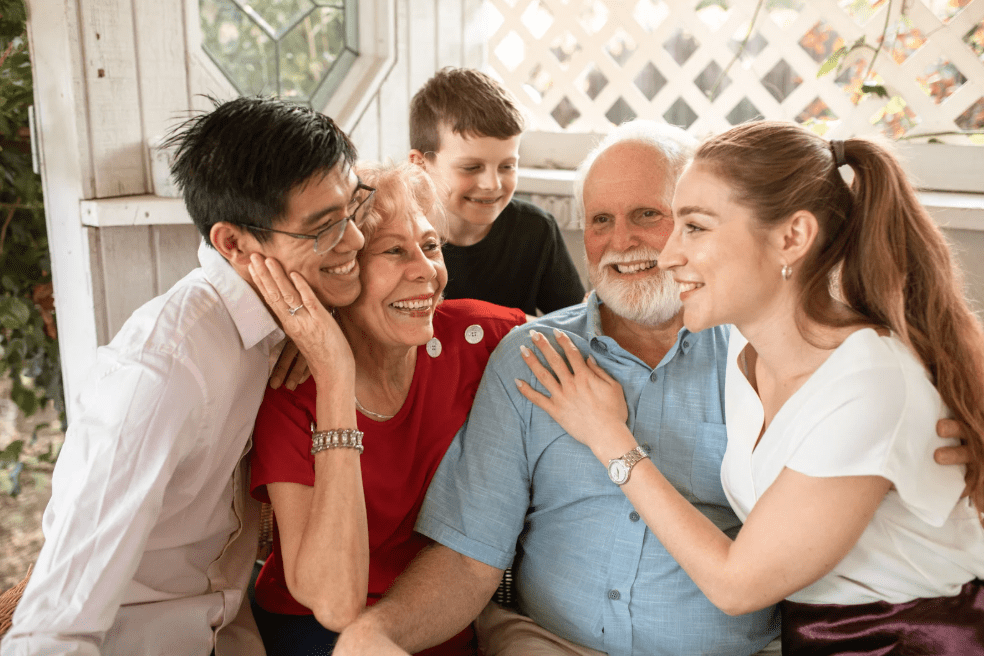Table Of Contents
There is no doubt that Civil War veterans suffered from Post-Traumatic Stress Disorder, or PTSD. The same can be said for those of World War I, World War II, the Korean War and everything in between. However, people never knew it was PTSD back then. Veterans of the Vietnam War were the first group to be widely found to have PTSD. Because this was and still is such a large group, longitudinal studies could be performed on them.
A new study by the VA has found that Vietnam veterans continue to suffer from PTSD. Most veterans who had persistent post-trauma stress a decade or more after being in Vietnam have shown surprisingly little improvement since. Minorities who enlisted before completing high school were especially prone to PTSD, as were those that had killed multiple times in combat.
Released two weeks ago, the study confirms that the vast majority of veterans learn to cope. An estimated 13% of current active-duty soldiers and 10% of Marines have PTSD. About 120,000 sought treatment in 2012 according to government figures.
The study’s author, Dr. Charles Marmar, is the chairman of psychiatry at NYU Langone Medical Center and director of the NYU Cohen Veterans Center. He said, “This study shows us what the road ahead is going to look like. A significant number of veterans are going to have PTSD for a lifetime unless we do something radically different.” The impetus for this sentiment is that more than 18% of those with PTSD have died by retirement age, which is about twice the percentage of those people without the disorder.
A Follow-Up of 22 Years: Vietnam Veterans Continue to Suffer from PTSD
A similar study was conducted in 1992 of 2,348 Vietnam veterans. It found that 30% of them had PTSD at some point since the war. When the survey ended in the late 80s, 15% were still diagnosed with PTSD. Since then policy makers and scientists have debated the numbers, and critics of the VA wonder if the VA’s mental health treatment accelerates recovery or stunts it. The worry of the detractors is that focusing on the disorder can cause people to see disability benefits as an incentive to stay sick.
Nearly 80% of the original group was tracked down for a follow-up survey in the form of both questionnaires and phone interviews. Veterans with lifetime, war-related PTSD were heavy users of veterans health services, and 2/3s of them reported discussing mental health issues in those visits in the past six months, compared to 11% without the disorder.
Civilian and VA doctors who treat trauma patients, including tens of thousands of veterans, say that countless patients have gotten better in therapy and that the criteria to qualify for a diagnosis has tightened over the years, in part because of the 1992 study. The new research is likely to raise questions about why war trauma persists in some veterans longer than in others, the effectiveness of current PTSD treatments and whether disability compensation affects motivation to recover.
Other findings of the study include:
- Hispanic veterans were three times as likely as whites to develop the disorder.
- African American veterans were twice as likely as whites to develop the disorder.
- Veterans with lifetime PTSD were no more likely to die of heart disease than those without the disorder. The previous study had found a strong relationship between the two.
VA Disability Benefits for Veterans Suffering from PTSD
A number of benefits are available to former military members who are suffering from PTSD, including financial benefits for those whose lives have been disrupted by the disabling aspects of this condition. Learn more about PTSD disability compensation or contact us if you need assistance determining what benefits are available to you.
Because of the regular new findings in this area and the complexity of the symptoms, establishing that you are disabled by PTSD can require experienced assistance. Moreover, the VA is not always helpful — for example, many PTSD sufferers are not informed that they could entitled to a 100% disability rating for Total Disability Due to Individual Unemployability (TDIU).

Maximizing Dependency and Indemnity Compensation (DIC) Benefits
Maximizing Dependency and Indemnity Compensation (DIC) Benefits Written by Caroline Temple, Senior...

Veterans Help Group Serving Our Community
Veterans Help Group Serving Our Community By Bobbi Boudi, Director of Community Outreach & Amy...

How Much Back Pay Will You Receive?
What is VA Disability Back Pay? VA disability back pay is payment for benefits the veteran was...





